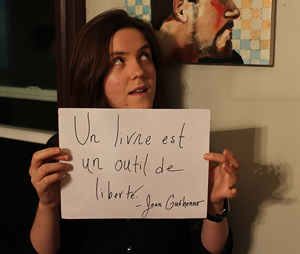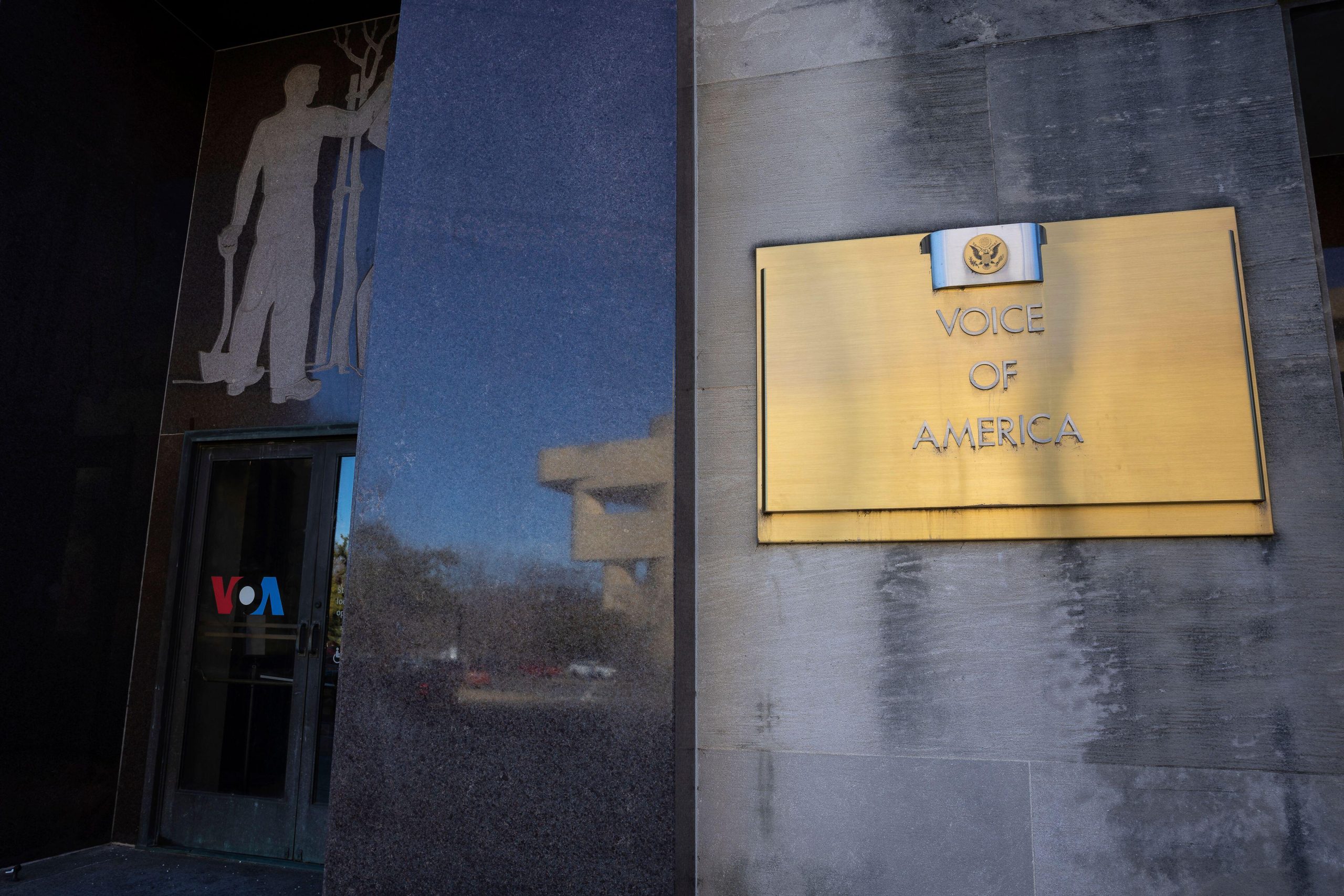This is the fifth of a series of posts written by members of Index on Censorship’s youth advisory board.
Members of the board were asked to write a blog discussing one free speech issue in their country. The resulting posts exhibit a range of challenges to freedom of expression globally, from UK crackdowns on speakers in universities, to Indian criminal defamation law, to the South African Film Board’s newly published guidelines.

Muira McCammon is a member of the Index youth advisory board. Learn more
Guantanamo Bay (GiTMO) is a place where language barriers embody part of the institution’s social architecture.
Two years ago, Peter Jan Honigsberg of the University of San Francisco wrote about linguistic isolation, using the experiences of an Uzbek detainee to highlight this reality. But, we know that during various points throughout GiTMO’s history, dictionaries have been used and even written by detainees. In March 2004, the U.S. Joint Task Force Guantanamo published a revision of its 2003 Camp Delta Standard Operating Procedure, adding “dictionaries” to the list of materials banned from the Guantanamo Bay detainee library. There was no immediate reason given for this policy change, even though, according to a report later released by the US Department of Defense, detainees speak over 18 native languages.
Furthermore, Mahvish Khan, an interpreter and Pashtun-American lawyer, published My Guantanamo Diary: The Detainees and the Stories They Told Me. In the book, Khan shared this anecdote about Taj Mohammad, a then twentysomething from Kunar, Afghanistan:
“He asked us repeatedly to bring him a Pashto-English dictionary so that he could improve his English. Over several months, he had compiled and memorised a list of almost one thousand English words. But during a routine search, the guards had found and confiscated his neatly written glossary.”
Speech is a fickle concept in detention centres, and the story of Mohammad’s confiscated, self-written lexicographic resource raises questions about how detainees in GiTMO or any detention centre for that matter can effectively combat linguistic isolation.
Muira McCammon, USA
Related:
• Ravian Ruys: Without trust, free speech suffers
• Jade Jackman: An act against knowledge and thought
• Harsh Ghildiyal: Defamation is not a crime
• Tom Carter: No-platforming Nigel
• Matthew Brown: Spying on NGOs a step too far
• About the Index on Censorship youth advisory board
• Facebook discussion: no-platforming of speakers at universities





